BEGLA-137 Language through Literature Solved Assignment 2024-2025
Assignment July, 2024 & January, 2025 Sessions
(Based on Blocks 1 – 4)
Max. Marks: 100
| Title Name | BEGLA-137 Solved Assignment 2024-2025 |
| University | IGNOU |
| Service Type | Solved Assignment (Soft copy/PDF) |
| Course | CBCS (BAG/BCOMG/BSCG) |
| Language | ENGLISH |
| Semester | 2024-2025 Course: CBCS (BAG/BCOMG/BSCG) |
| Session | Assignment July, 2024 & January, 2025 Sessions |
| Short Name | BEGLA-137 |
| Assignment Code | BEGLA-137/2024-2025 |
| Product | Assignment of CBCS (BAG/BCOMG/BSCG) 2024-2025 (IGNOU) |
| Submission Date | For students of July cycle: 31st March For students of January cycle: 30th September |
Answer all questions.
1. Fill in the blanks in the following sentences with words from the list below: 10
lame nestled Tell
beast experiments
wreathed hot
icy hand shadow
buried swallowed
i. I ……………………………………………….. close to her.
ii. The ……………………………………….. in a man may wake up, if he too much
money.
iii. His face was ………………………… in smiles.
iv. ‘My autobiography is really a story of my
……………………………………………. (M.K. Gandhi: an Autobiography)
v. Youth is nimble, Age is …………………………………………………….Youth
is ……………………………………….. and blood. (Shirley: ‘Death the
Leveller’)
vi. Death lays his ………………………………..on kings. (Shirley: ‘Death and
Leveller’ )
vii. Napoleon, the pig, was ……………………………..by the other animals in the
farmyard.
viii. Life is but a walking ………………………………….(Shakespeare: Macbeth)
ix. Thus let me live, unseen, unknown; Thus unlamented let me die, Steal from the
world, and not a stone ………………………………… where I lie. (A. pope: Ode
on Solitude’)
x. The hungry river………………………………… down everything. (Tagore:
Living or Dead’)
2. What meaning do the italicized words convey. Each word has a generally used meaning
and in what shade of meaning it is used here. Explain 10
i. You are acquitted of laziness.
ii. He was an assassin of all good virtues.
iii. It would be a crime to send the child out in the cold.
iv. The food was condemned as unfit for humans.
v. She was a victim of the mother-in-law’s tyranny.
-3-
3. Make two phrasal verbs from each of these verbs by adding adverb or/and a preposition,
and use them in meaningful sentences: 10
i. get
ii. bring
iii.show
iv. put
v. round
4. Make sentences bringing out the difference in meaning in these pairs of words. 10
i. fare and fair
ii. tyre and tire
iii. grease and Greece
iv. gait and gate
v. hew and hue
5. a. What is ‘rhythm’? Explain. 5
b. Describe the metrical pattern in the following lines from Thomas Hardy’s poem The
Darkling Thrush. 5
I leaned upon a coppice gate
When frost was spectre-gray, And
Winter’s dregs made desolate The
weakening eye of day.
6. a. What is ‘alliteration’? Explain. 5
b. Point out the alliteration the following passages. 5
When the white feet of the baby beat across the
grass. The little white feet nod like white flowers
in a wind, They poise and run like puffs of wind
that pass, over water where the weeds are thinned.
(D.H. Lawrence: Baby Running Barefoot)
7. Write short notes on. 10
a. Simile
b. Metapphor
c. syneodoche
d. metonymy
e. personification.
8. Give the negative and question forms of the following sentences. 10
a. You called me.
b. I can borrow his scooter.
c. He will agree.
d. You had a good breakfast.
e. You used to be frightened of him.
-4-
9. Explain Repetition as a Rhetorical Device. Discuss various patterns of repetition. 10
10. Write polite forms for the following. 10
i. How much did these socks cost you.
ii. A has to put some additional chairs in his classroom. He wants some from B’s room
iii. A is visiting B. B offers him some tea (makes an offer): Have some tea.
iv. A has a headache and B makes an offer of help (makes an offer): I will give you an aspirin.
v. A’s bicycle tyres have very little air. He wants to use B’s Bicycle pump (asks for permission).
BEGLA-137, BEGLA 137, BEGLA137

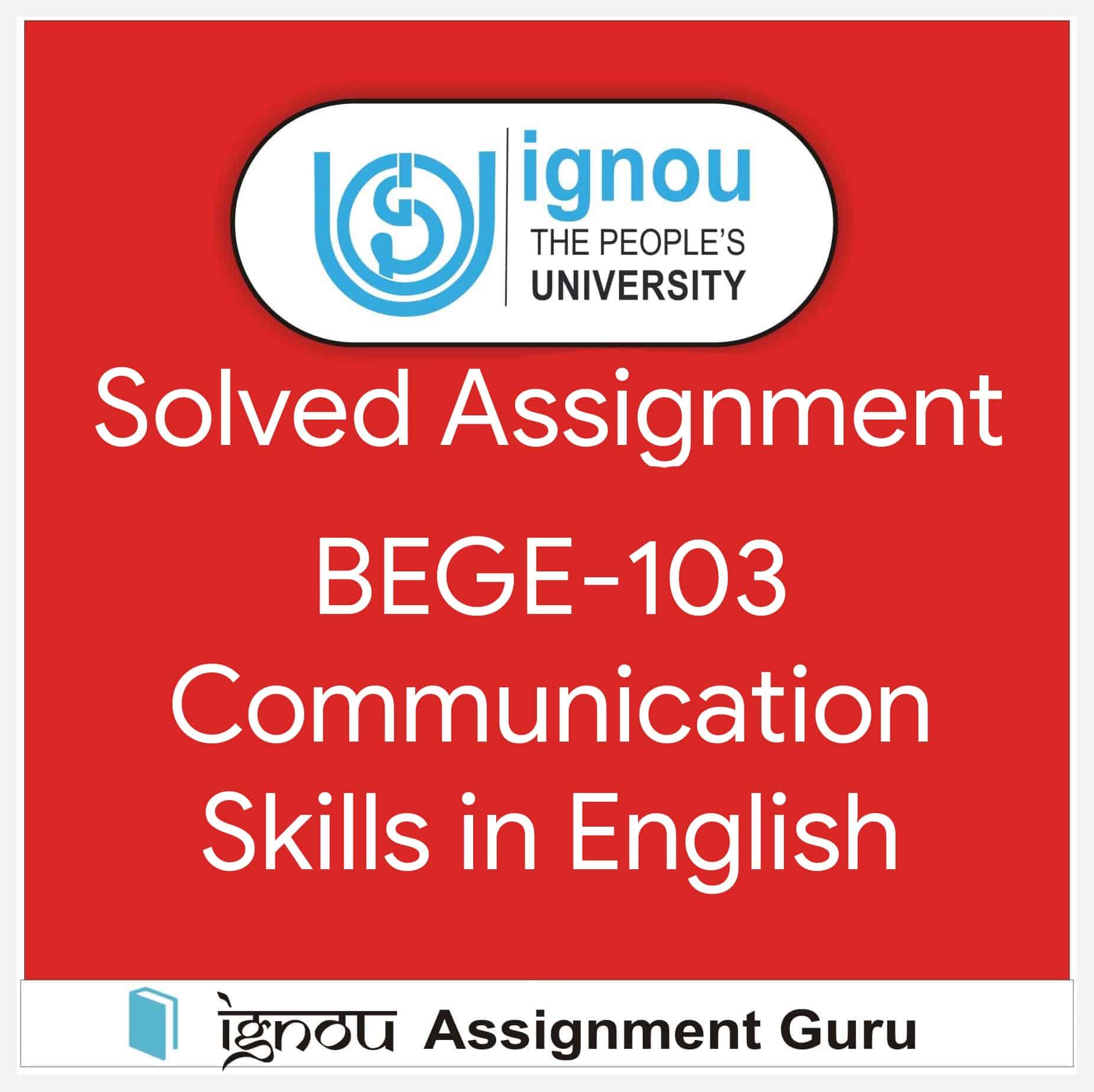

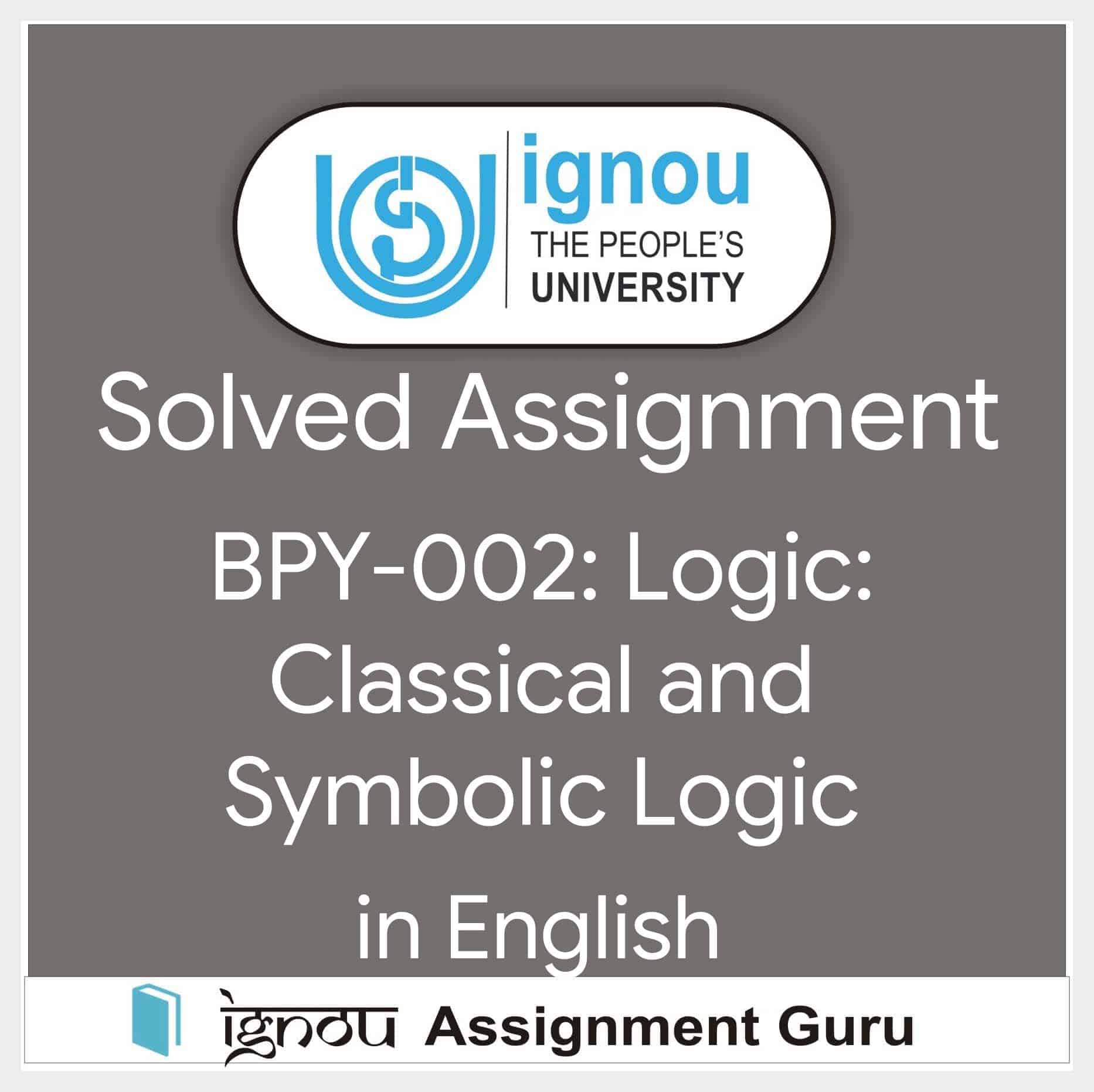

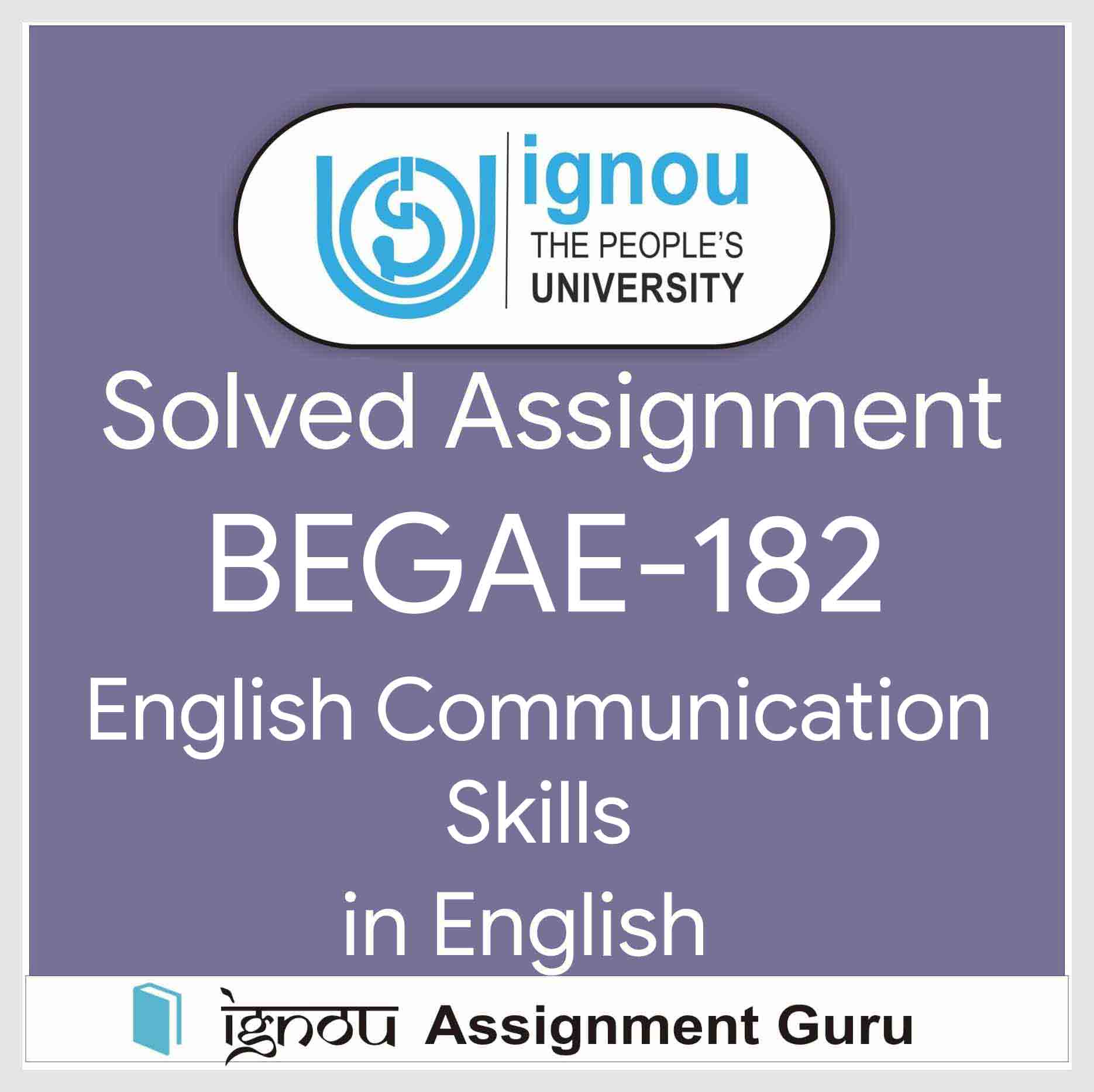
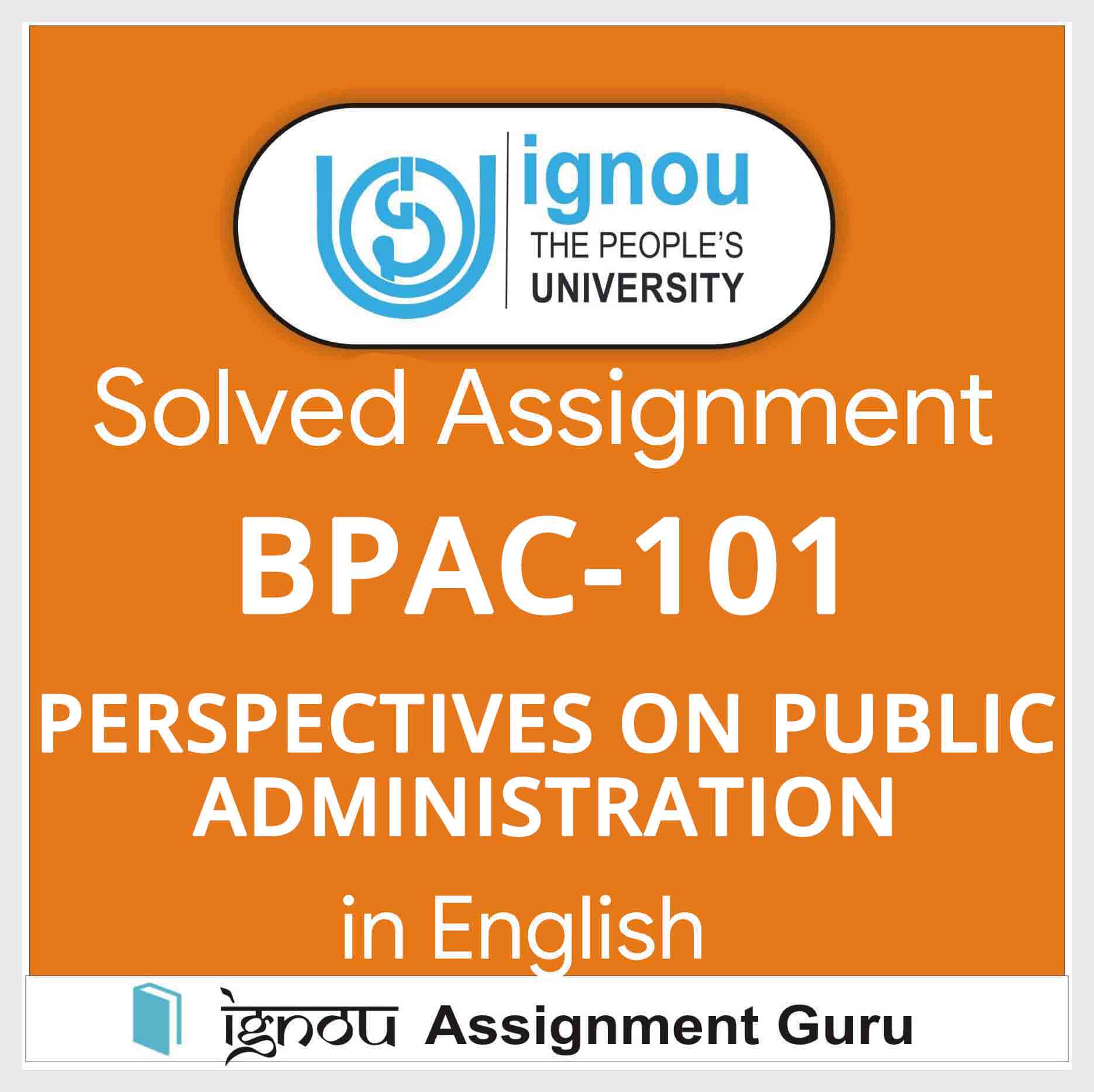
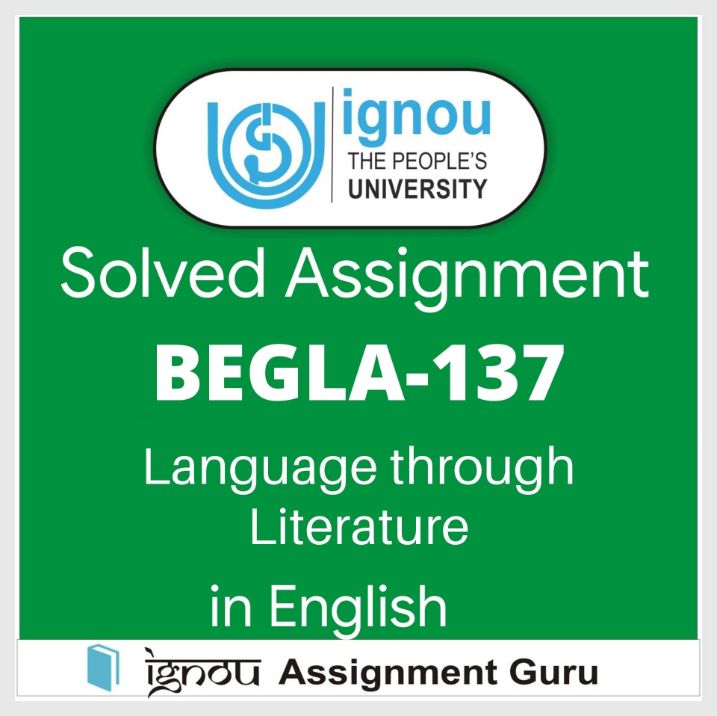
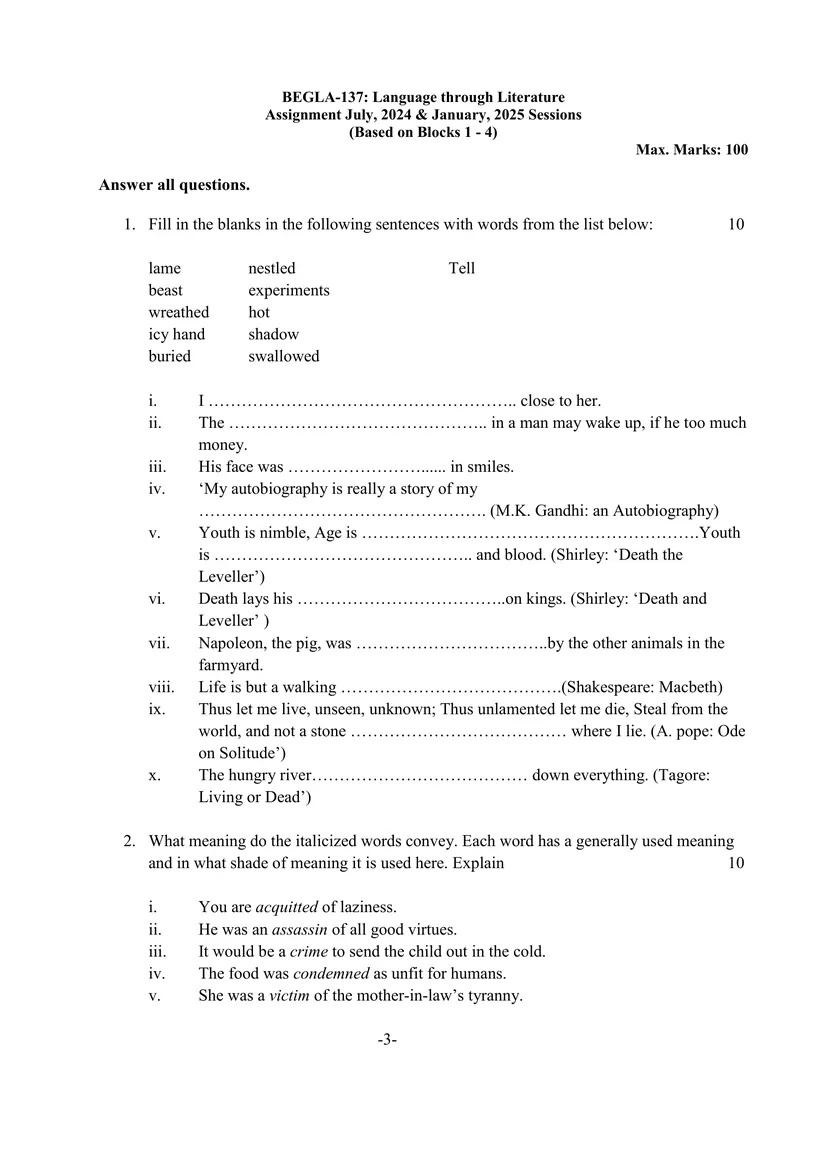
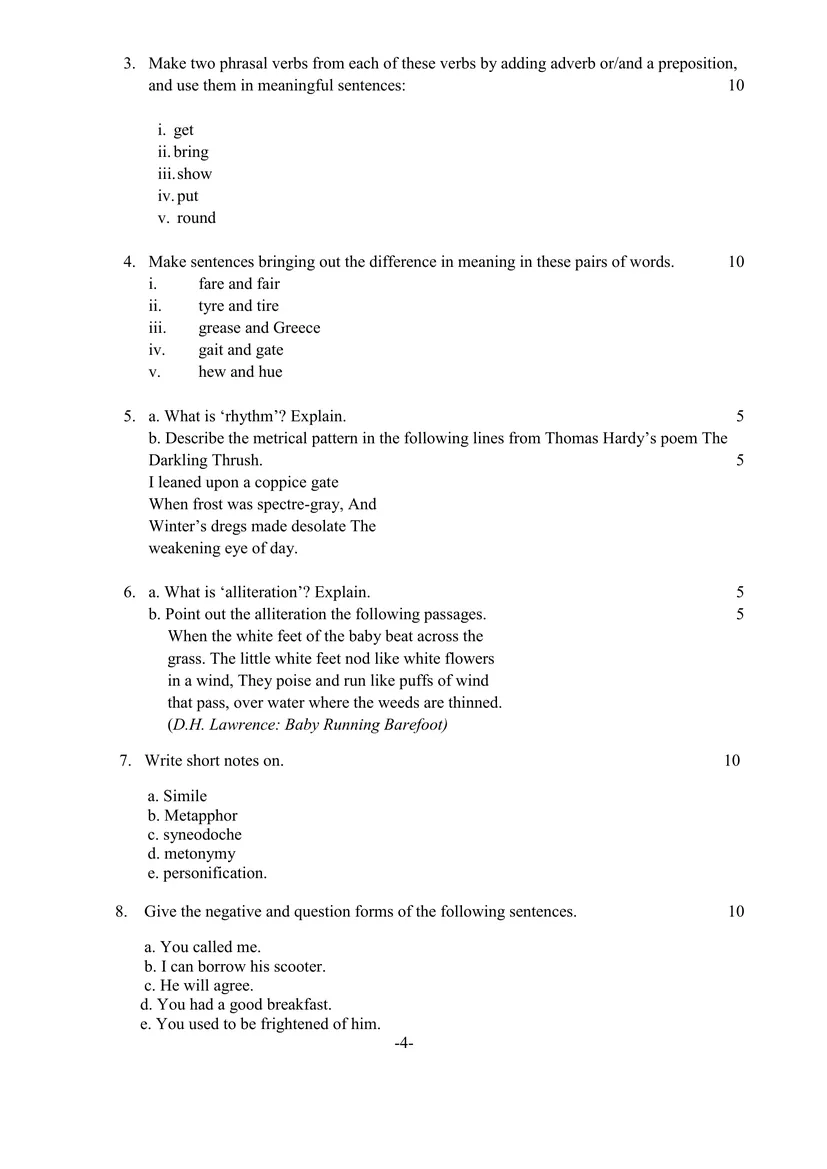
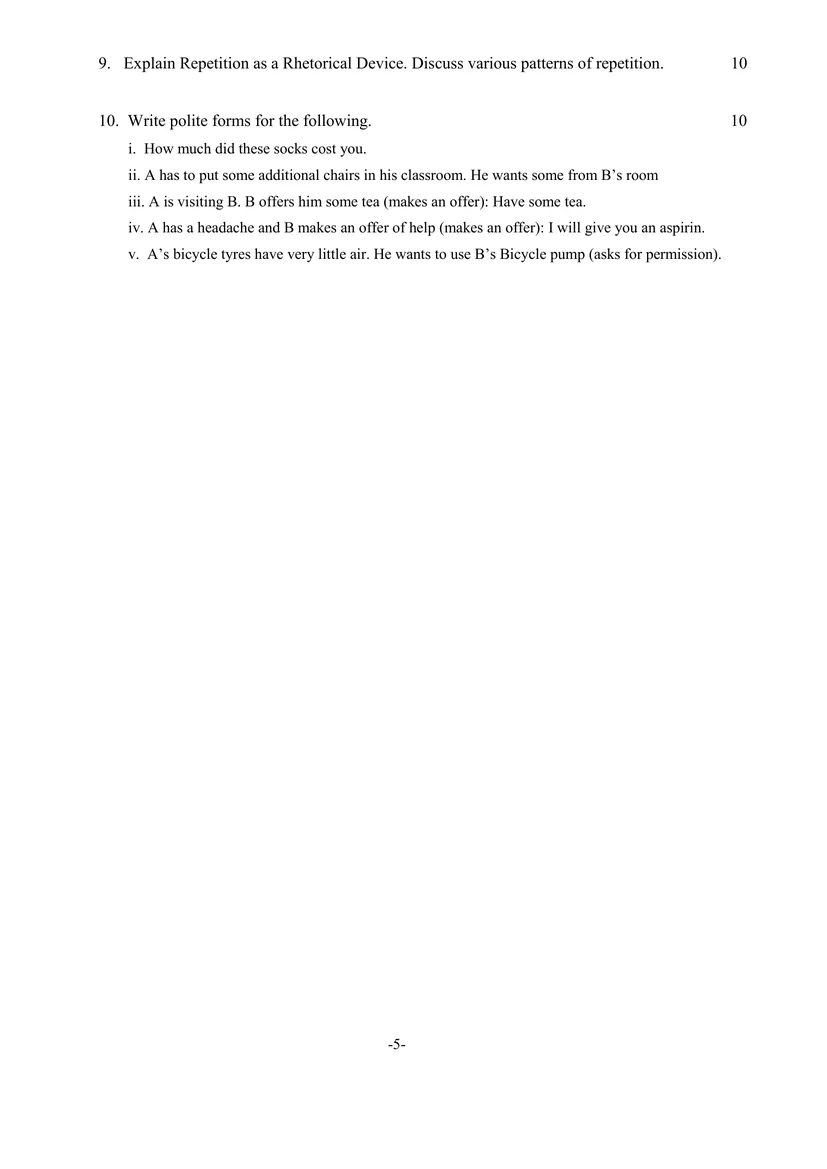
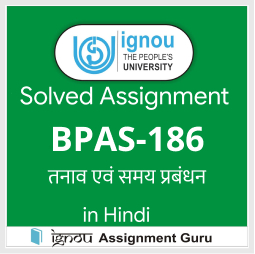
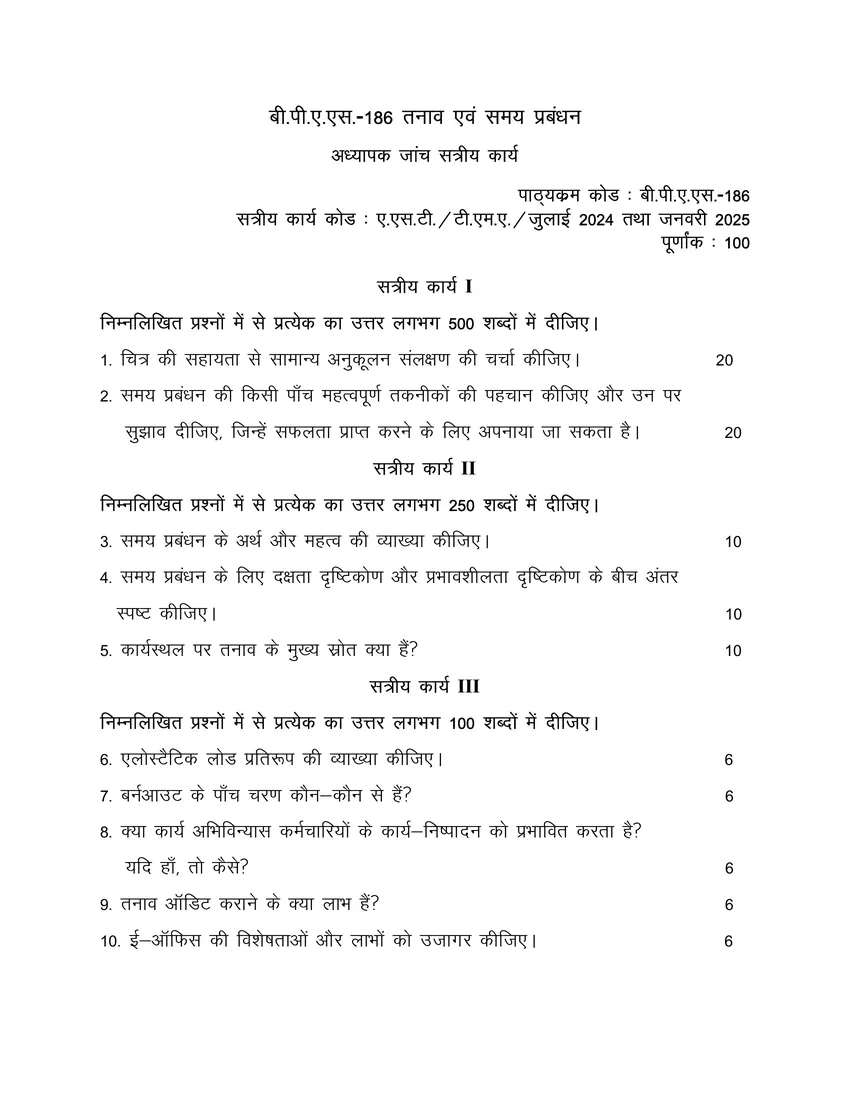
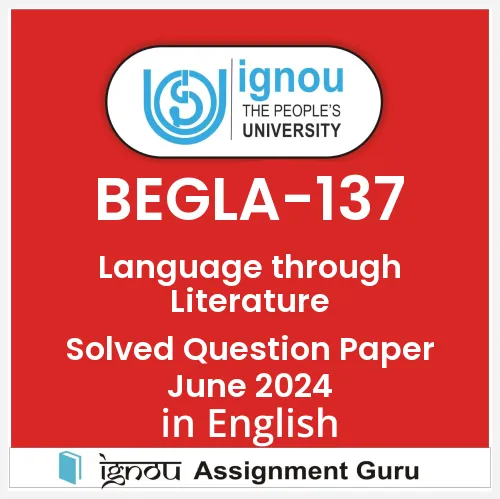
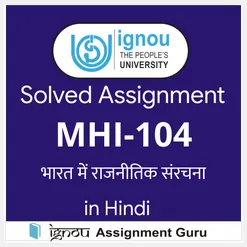
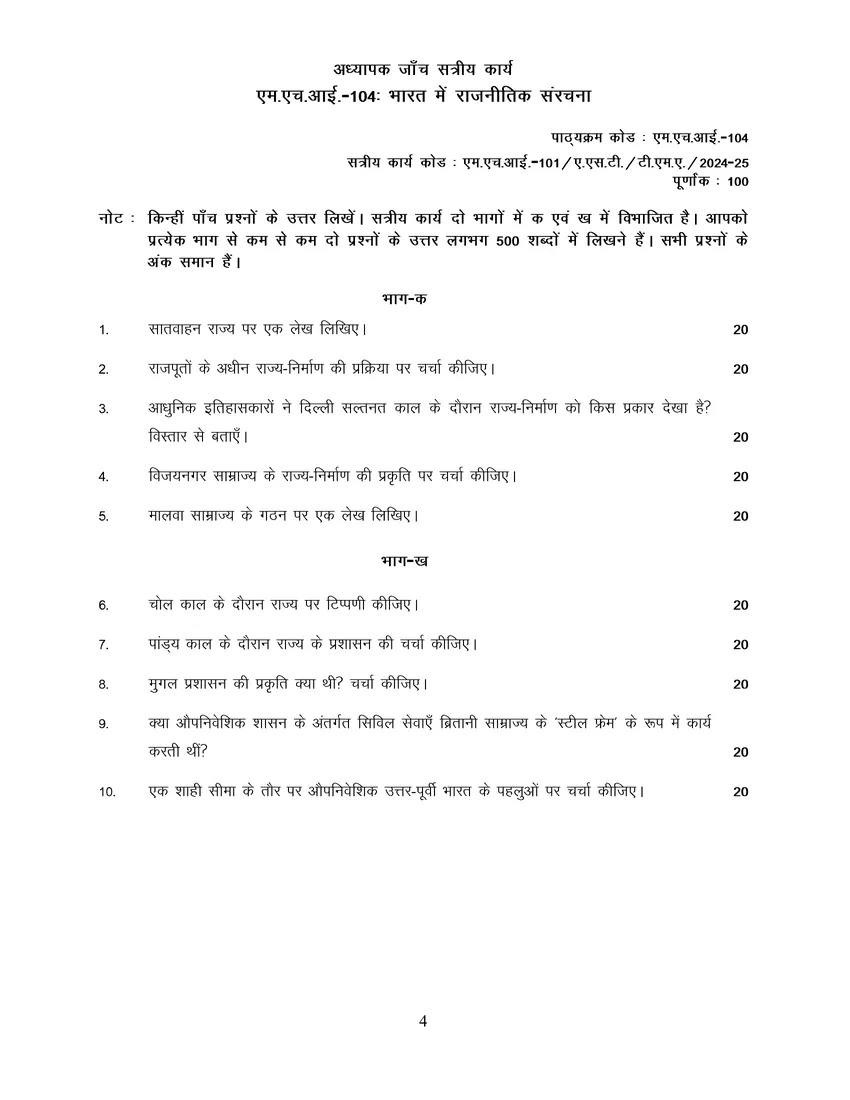
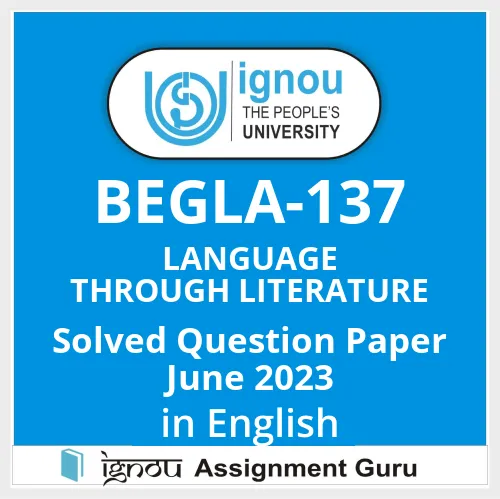
Reviews
There are no reviews yet.